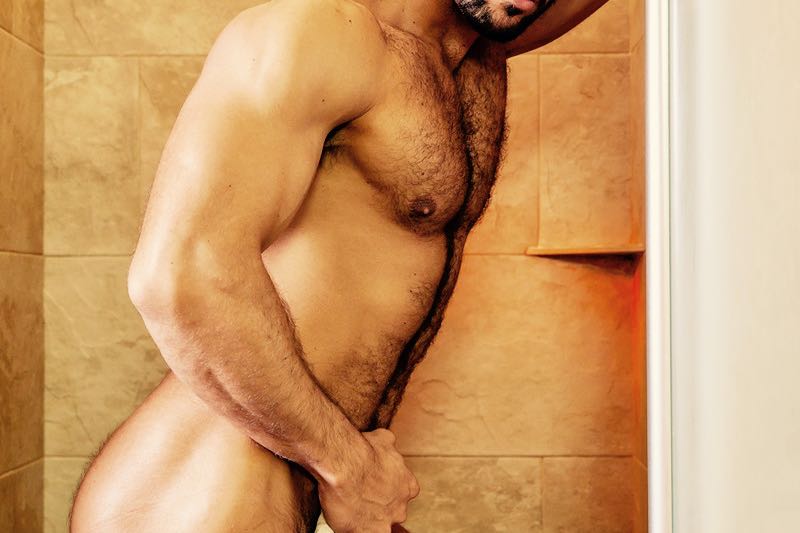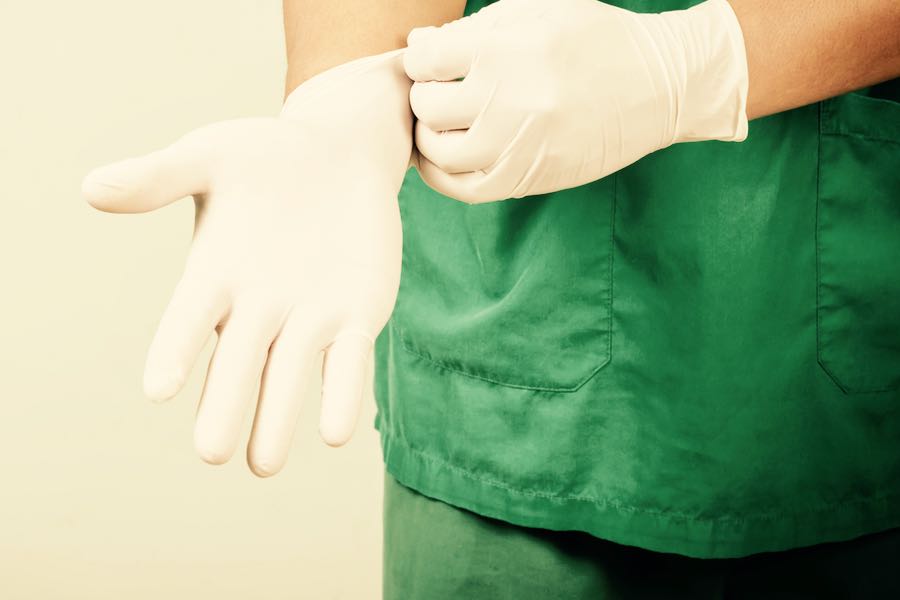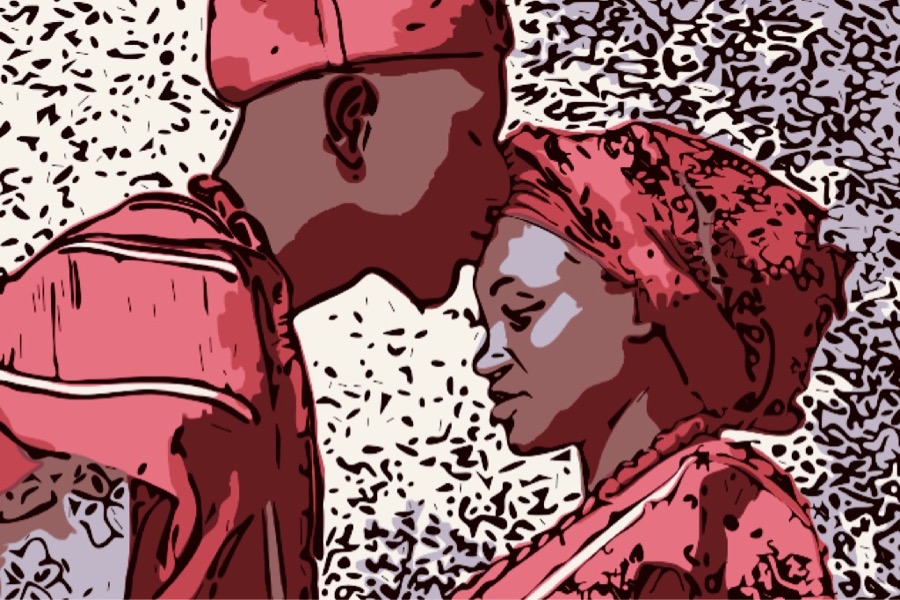Global data on HIV spread are clear: the virus is much less diffused in Arab countries than in the rest of the planet. But in these countries, men who have sex with men (MSM) are 50 to 130 times more likely to be exposed to HIV than the local general population, so it is clear that there is a big problem to be solved, especially if we take into account not only alarming epidemiological data, but also social stigma and the presence of laws that criminalise homosexual relations. To defend MSM’s right to health in the Middle East and North Africa (MENA Region), some Arab activists have founded last year M-Coalition [m-coalition.org], a project hosted by the Arab Foundation of Freedom and Equality (AFE; website). Il grande colibrì interviewed Johnny Tohme, executive director of the organisation.
How did you start your project?
In 2011-2012, participants from five MENA (Middle East and North Africa) countries came together under the auspices of MSMGF’s “Speaking Out” initiative (The Global Forum on MSM & HIV), in Morocco. The aim was to adapt and translate the Speaking Out Toolkit for Arab Francophone countries in the region. The process brought together under one regional advocacy umbrella advocates previously working in isolation. As an evaluation exercise, participants were asked about next steps to keep the momentum going, and if they had any wishes as a group. We proposed a formal platform to stay connected and collaborate on activities.
And then, how did you carry out this project?
We stubbornly did not let the idea go, and began talking about it through email and telephone, trying to engage all the participants and pool our resources. In early 2013, few of us approached MSMGF, about our desire to have a platform for MSM (men who have sex with men) in the MENA Region. Throughout the remainder of 2013, we conducted outreach with potential organisations and individuals beyond the original “Speaking Out” participants. We started looking for funds and we successfully received the support of the pharmaceutical company ViiV Healthcare to create the coalition in January 2014, and officially launch it at the International AIDS Conference, which was held in Melbourne in July.
We usually image that the Arab countries are only marginally affected by HIV: does this image correspond to reality? Are there reliable data on the spread of STD (sexually transmitted diseases) in these countries?
If we look at the general population in Arab countries, there is a quite minor spread of STDs, but, if we look more closely, there is a greater concentration in some key populations: men who have sex with other men (MSM), intravenous drug users and sex workers. We have reliable data from some countries in the region to support our hypothesis, but we lack of a lot of data from other countries, especially from states within the Arabic peninsula.
You take care specifically for men who have sex with men, a practice banned in most Arab countries: working in this context, what are the main problems and how do you deal with them?
There are definitely a lot of challenges and on multiple levels. HIV vulnerability after all is related to the psycho-social experience of the individual and legal and social norms affect one’s access to information, health services and general care – in short they affect the person’s ability to take care of themselves. Being in a region where same-sex sexual relations are punishable by law is a major wall we face in our work, however being focused on HIV and right to health, gives us more room to function and advocate and lobby official bodies.
Despite the fact that there are a lot of progressive and tolerant Muslims, many Islamic currents of thought condemn homosexuality: even this condemnation has an influence on the spread of HIV and other STDs, isn’t it?
Yes, of course: as I have mentioned before, all human experiences affect HIV vulnerability. In our region, religion, Islam like Christianity, plays an important role in people’s lives, and even if individuals learn how to manage the intersection between their sexuality and religiosity, we still have to consider their families, the street they live in and general population. But the upside of our work, as I said, is that HIV is our doorway, and within this field, the civil society was able to gain allies among religious men, to fight stigma and discrimination towards people living with HIV. It’s a small step in the right direction.
Do you collaborate with LGBT associations, human rights organizations and representatives of civil society?
We definitely collaborate with all major civil society players since we are all defying the same system, and one successful cause is a win for all civil society. Many major health and right organisations became aware of the importance of a holistic approach, and how all human rights causes, including LGBT rights, are interlinked. Now not all of them will go public with their support but the most important thing is that they serve the community on the ground without prejudice or discrimination.
And what are your relations with public authorities?
We do not have a “relation” per se with public authorities, but we do a lot of meetings with other organisations when necessary and we are clear about our work. Most of these meetings take place under the support of the Joint United Nations Programme on HIV and AIDS (UNAIDS) or of the World Health Organization (WHO), therefore it’s quite a safe space for us to speak up and voice our needs and the needs of the community we serve.
You started working in five countries (Algeria, Lebanon, Mauritania, Morocco and Tunisia): do you plan to expand into other states in the future?
During the first creation meeting, there were activists from Lebanon, Morocco, Tunisia, Algeria and Mauritania. Right after it, we started reaching out to others to create the steering committee: we added people from Egypt, Sudan and Palestine. Now we’re looking to add someone from the Arab peninsula. This is the governing committee. Instead, the geographical coverage of our work extends to all Arab countries in the region and not only where our steering committee members reside. However, it’s very important to emphasize that we do not work directly on the local level – our project are mostly regional (research, training for advocates…), we support local organisations so they can conduct their work locally.
©2015 Il Grande Colibrì




